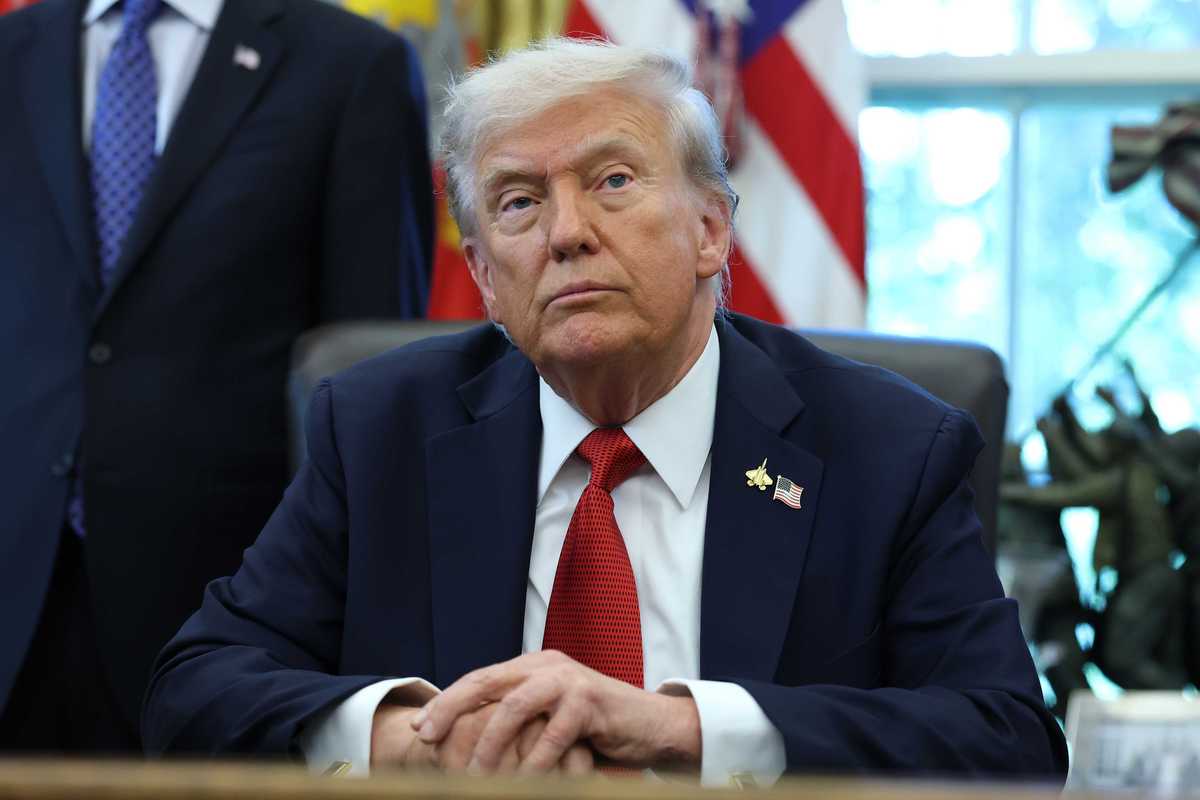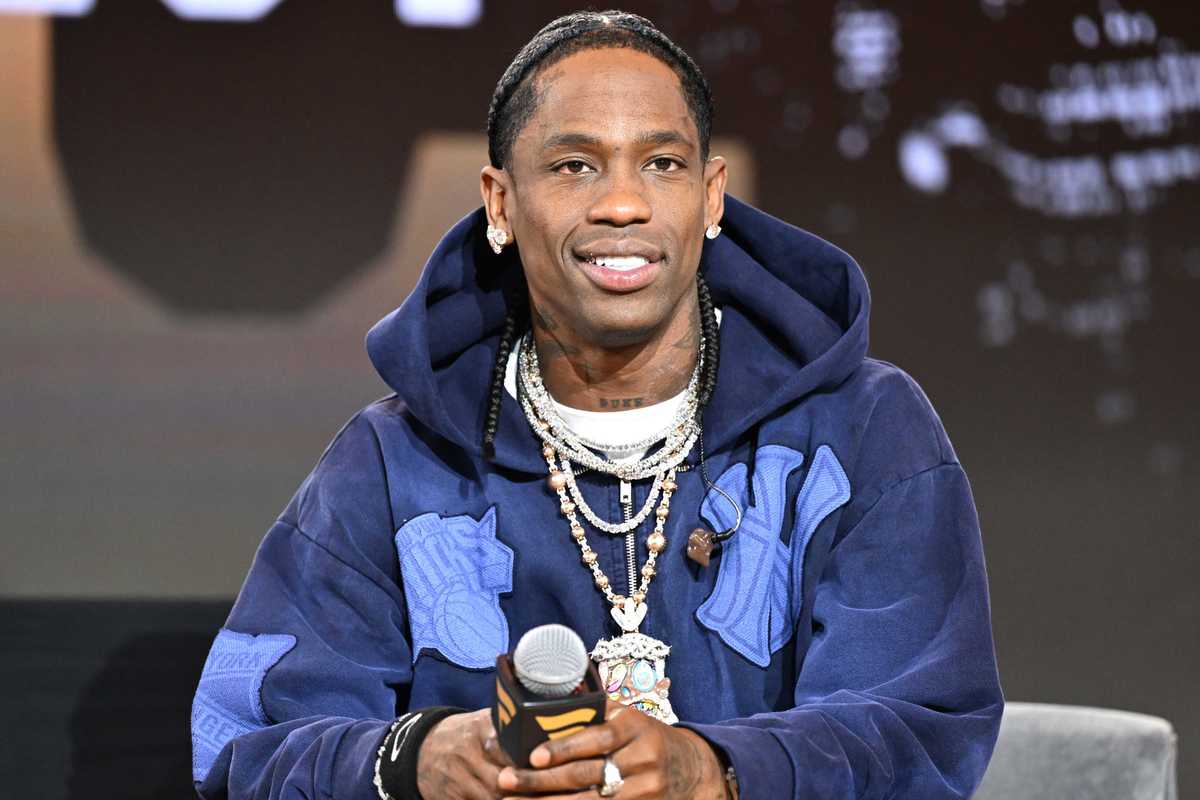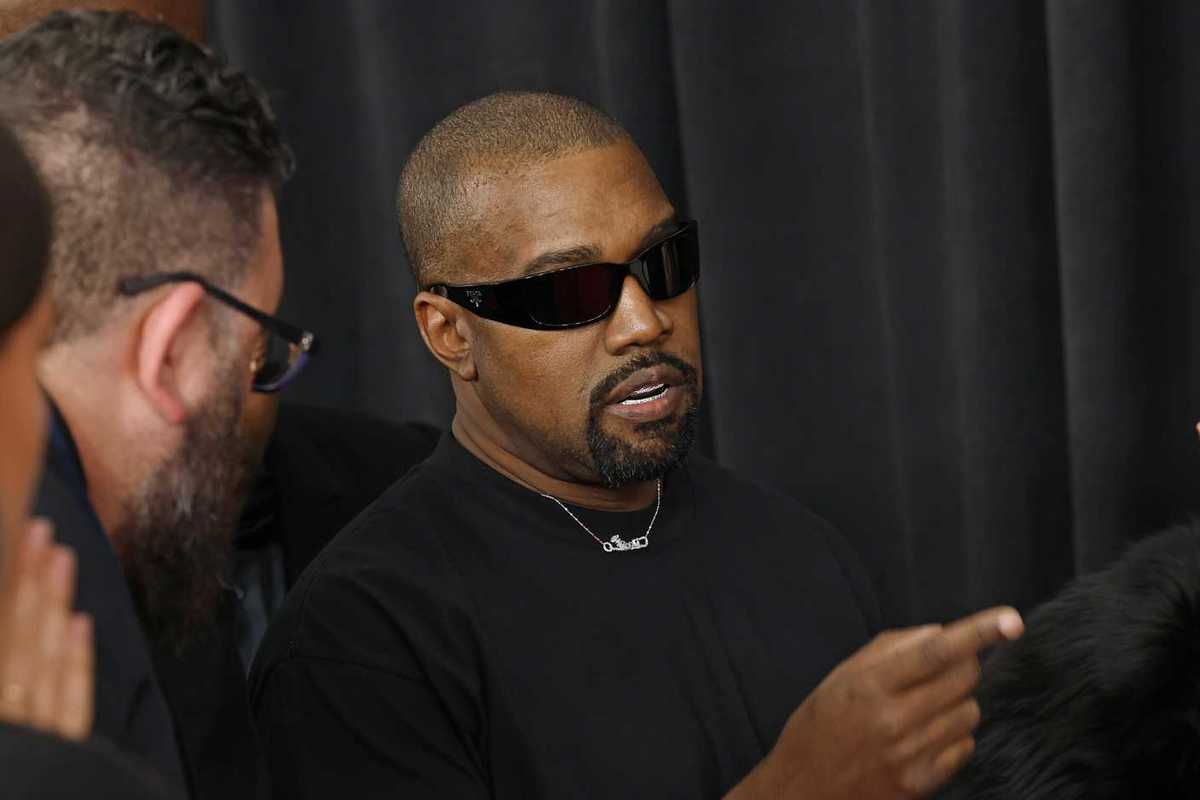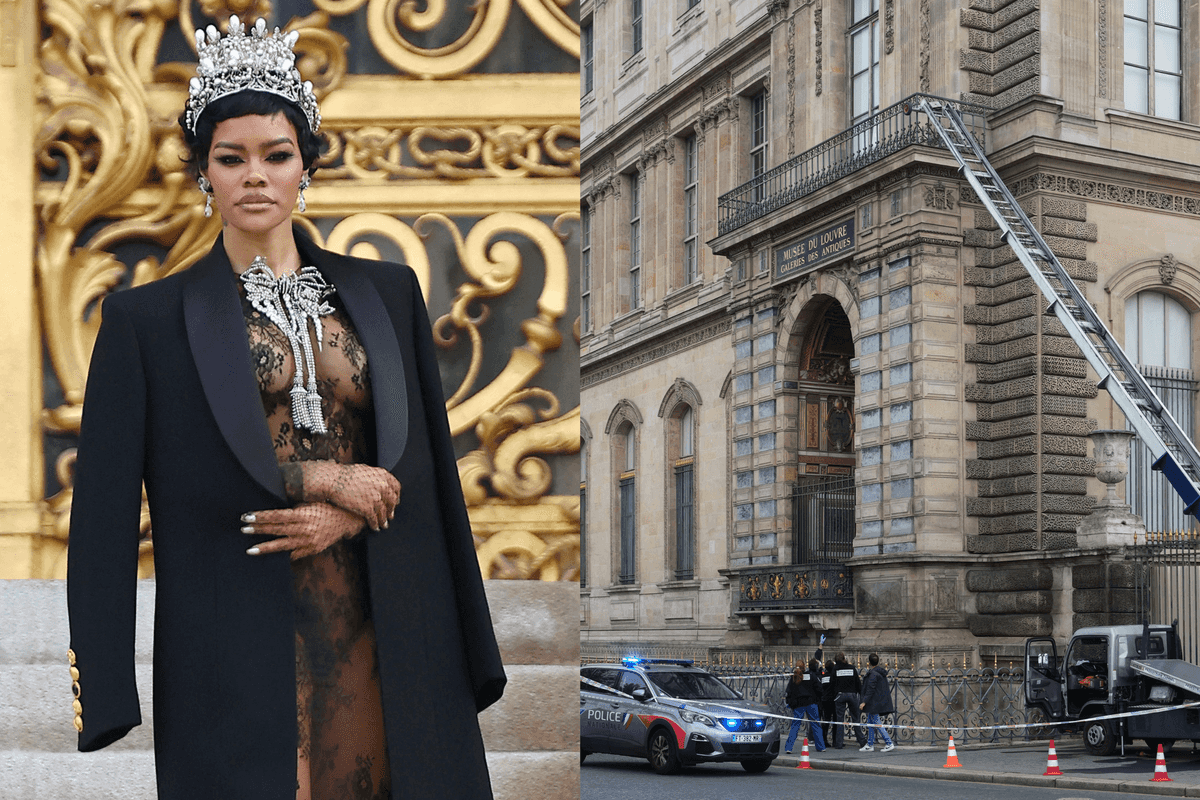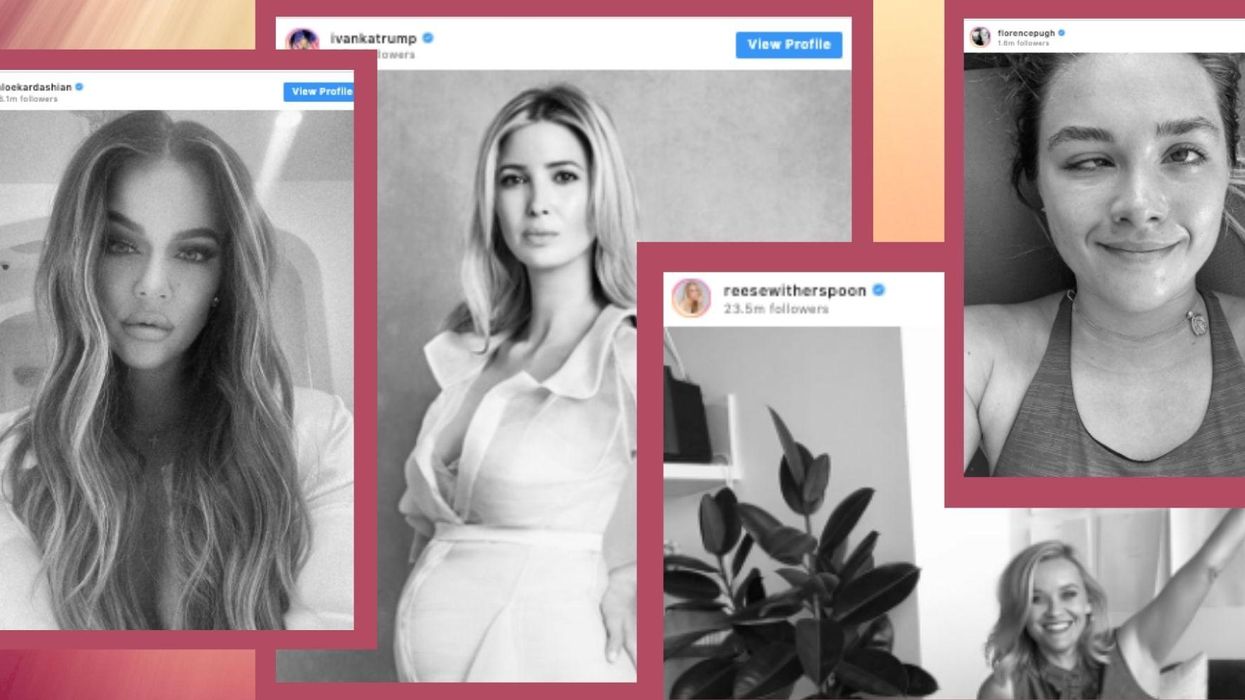
I am somewhat sorry to say that I came across #ChallengeAccepted in pursuit of my late-night guilty pleasure of scrolling through Kendall Jenner’s Instagram page.
Posted on her story was a hot black-and-white selfie with the hashtag, and I pressed forward to the next story to see what kind of “challenge” it was she was “accepting”. Nothing revealed itself and so I went to sleep.
It turns out, the campaign had gone viral on Monday and I had somehow missed it. So far, more than 4 million photos have been uploaded to Instagram with the #ChallengeAccepted hashtag.
In an “effort” to spread positivity and female empowerment, women have been sharing monochrome photos of themselves on Instagram and nominating friends to do the same as part of an online campaign in #womensupportingwomen.
The trend comes in a long line of online challenges that makes celebrities, corporations and regular lay people feel like they have accomplished something. Let us not forget the recent black square trend that supposedly combated racism, but more likely drowned out important resources for the Black Lives Matter movement.
The backlash to saying this campaign is useless will surely be quick and fierce.
Taylor Lorenz, who wrote about the challenge for the New York Times tweeted, “The amount of vitriol I’m getting from the black and white selfie crowd is out of this world.”
But I am not especially interested in the argument that there’s no harm in the hashtag and it “just makes people feel good.” Who cares?
Why masquerade this as some kind of feminist act that is merely about getting likes.
Besides what is the “challenge” here? Posting a flattering photograph to Instagram? What an imposition.
“Back in 2016, black-and-white photos with the hashtag #ChallengeAccepted were meant to spread a message of 'cancer awareness'. Over the years the photo trend has also been used to ‘spread positivity,’” Lorenz wrote of the origins of the hashtag, confirming that it is so broad it could be used to promote literally anything.
The concept of “female empowerment” in this campaign, and generally, is marketed in a highly vague and meaningless way, which in turn makes the phrase simultaneously pointless and easy to market.
It has long been recorded that the capitalist system has become wise to the growing popularity of feminism, “girl bosses” and quote-unquote female empowerment to the point of absurdity. As such, "empowerment" has literally lost all meaning except in terms of consumption. (Bikinis, make-up brands, protein powders, etc all use "empowerment" to brand themselves).
Besides, “That’s not empowerment. That’s purchasing power,” as Emma Hope Allwood wrote in an op-ed for Dazed.
Back to the Instagram issue at hand.
This futile virtue signalling of this campaign works for influencers and celebrities who fear alienating people by taking a stand on anything useful. No one could object to a sultry black-and-white selfie or one black square in the midst of a highly-curated feed.
For corporations, “feminism” is nothing more than a marketing tool. The Challenge Accepted trend has manifested this energy and allowed celebrities and influencers seem like they are part of some kind of movement. Armchair activism movements don’t require any kind of informed action or accountability for real tenants of progression in feminism.
Why doesn’t Jennifer Garner also include in her post that she plans to donate to abortion clinics, or why doesn’t Khloe Kardashian discuss the mothers who are into the prison industrial complex instead of suggesting women be “a little kinder to one another”?
And if your version of female empowerment is lazily writing vague feminist platitudes after being nominated by your highly rich, visible and beautiful best celebrity friend, and posting on your instagram for million of people to see, it is likely your conception of “female empowerment” could use a more intersectional approach.
I am certainly not against sexy selfies, but am hoping trends like these could be used for actually “empowering” discussion about issues that don't fit so easily in an empty hashtag.
As Camilla Blackett tweeted, “Do people not know you can just post a hot selfie for no reason?”
